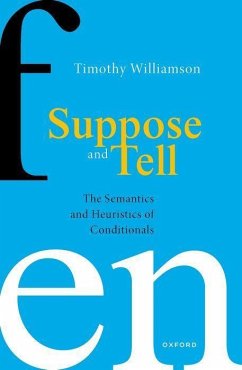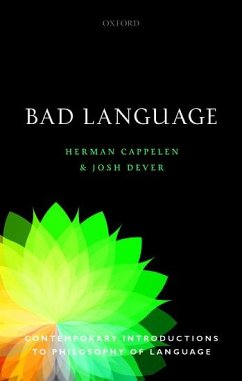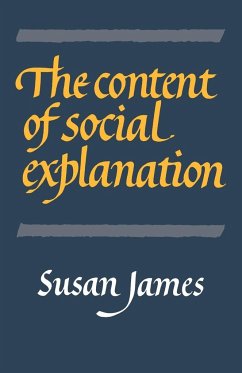
Nonideal Theory and Content Externalism
Versandkostenfrei!
Versandfertig in über 4 Wochen
37,99 €
inkl. MwSt.
Weitere Ausgaben:

PAYBACK Punkte
19 °P sammeln!
Just about every philosophical theory of mind or language developed over the past 50 years in the West is systematically inaccurate. Systemic oppression has influenced the processes that theories of mind or language purport to identify; it has also made it so that most middle-to-upper class White men are ignorant of systemic oppression. Consequently, most theories of mind or language are systematically inaccurate because they fail to account for the influences of systemic oppression. Engelhardt solidifies this argument, exemplifies it with two versions of an influential theory, shows how to re...
Just about every philosophical theory of mind or language developed over the past 50 years in the West is systematically inaccurate. Systemic oppression has influenced the processes that theories of mind or language purport to identify; it has also made it so that most middle-to-upper class White men are ignorant of systemic oppression. Consequently, most theories of mind or language are systematically inaccurate because they fail to account for the influences of systemic oppression. Engelhardt solidifies this argument, exemplifies it with two versions of an influential theory, shows how to remedy the inaccurate theories, and considers some consequences of the remedy.













